Dr. Chen’s research aims to harness a common skin-colonizing bacterium, present on all our skin, to train the immune system to attack cancer without causing infection or inflammation. This process is known to occur—notably, across an intact skin barrier—but its mechanism is not well understood. Dr. Chen is investigating which skin cells sense these bacteria and transmit the signal to immune cells, and why the immune cells that respond are so effective at killing cancer. Ultimately, she intends to develop a new type of cancer vaccine using engineered skin bacteria to activate immune cells to effectively target and destroy tumors. While the project’s current focus is melanoma, the goal is to apply this therapeutic approach across cancer types.
All Cancers
Current Projects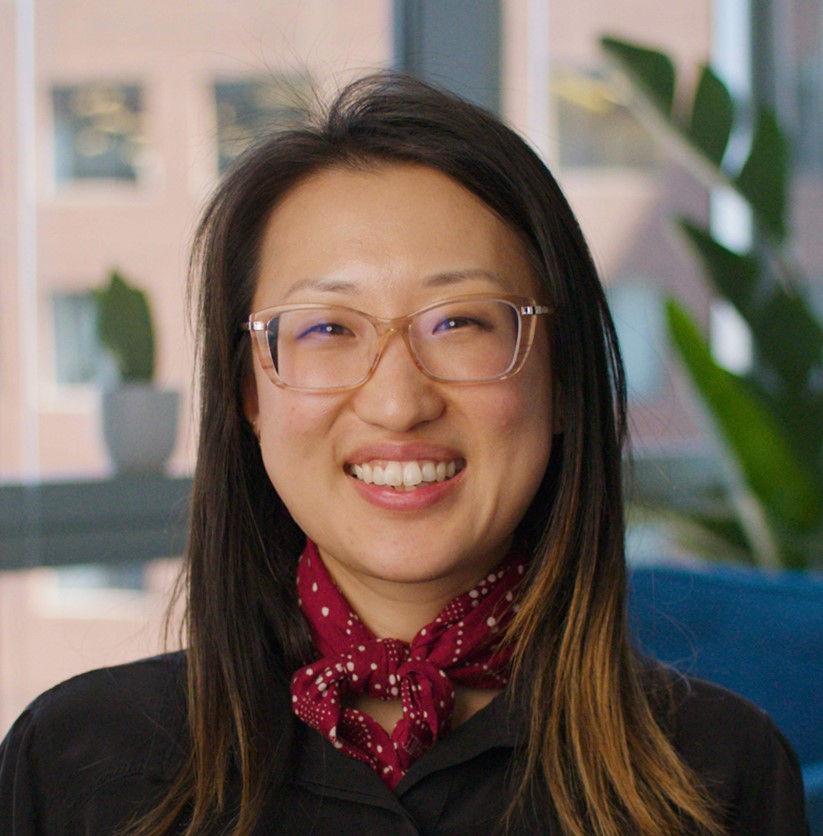
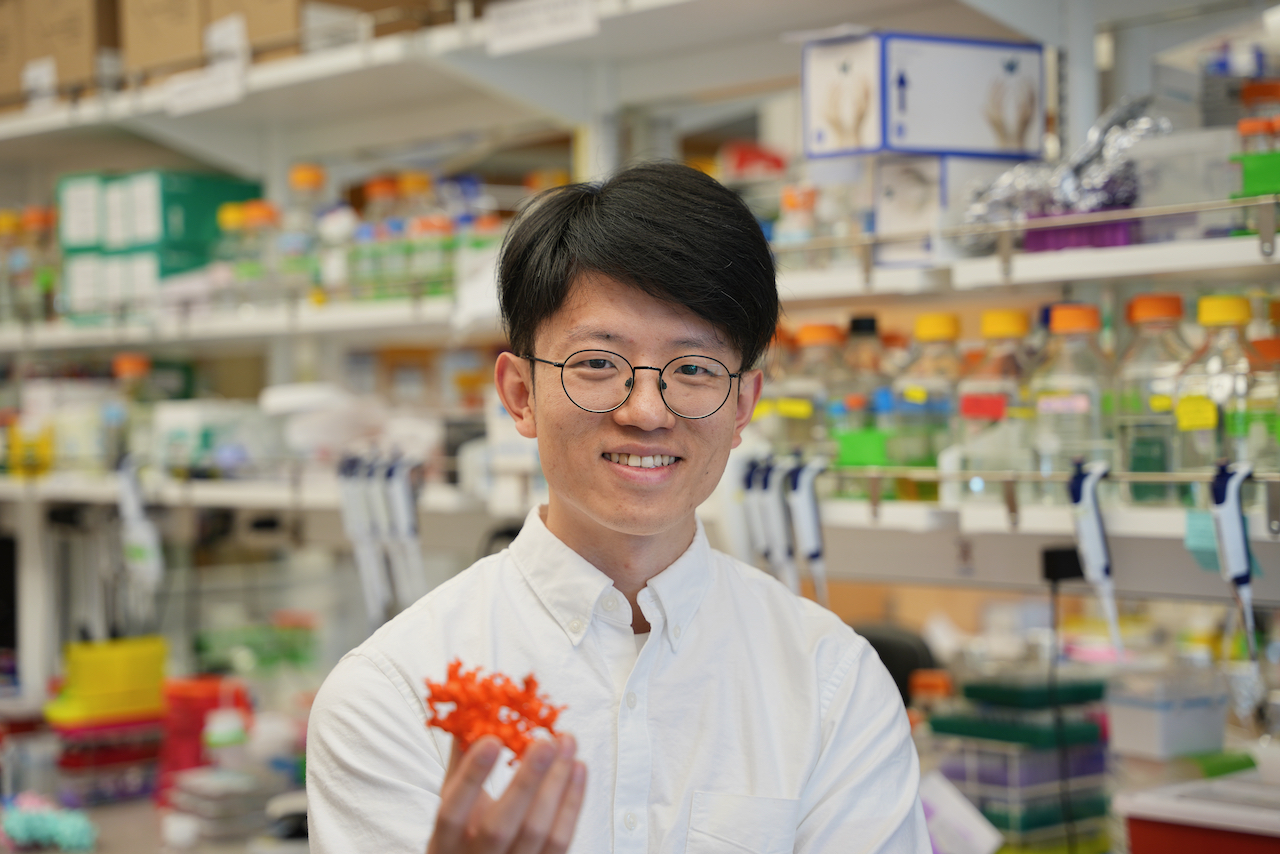
For gene activation, transcription factors (TFs) must bind to enhancers, often with multiple TFs binding at the same site, and recruit other proteins known as cofactors and polymerases. The interactions between TFs and cofactors are usually nonspecific, meaning the cofactors are interchangeable, which limits our understanding of precise gene activation. Dr. Chen will design new proteins that bind the cofactors with high specificity to clarify the contribution of each cofactor. This research will not only provide new insights into the mechanism of gene regulation but also provide new platforms to modulate gene expression with high precision. Dr. Chen received his PhD from the University of Washington, Seattle, his MS from Cornell University, Ithaca and his BS from Shandong University, Jinan.
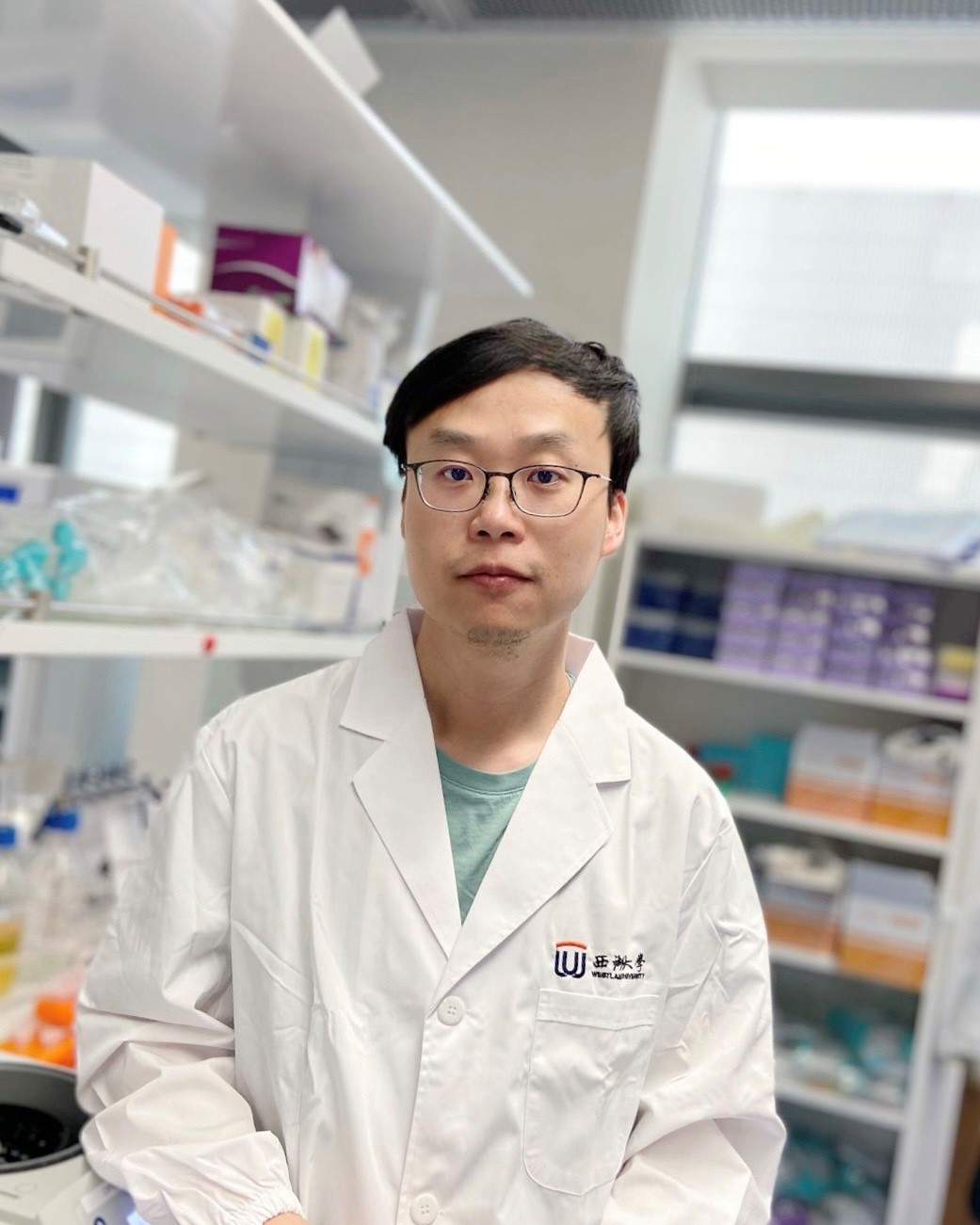
An ideal cancer therapeutic should be able to selectively target the activity of key cellular pathways that support or drive growth in cancer cells. It should also elicit downstream actions, such as recruiting T cells for cancer cell killing. Since most of the signaling inside cells is facilitated by proteins, a promising new direction for cancer therapy involves building modular and programmable circuits inside living cells using lab-designed proteins. Dr. Chen aims to combine cutting-edge methods in computational protein design and synthetic biology to build a protein-based circuit that can sense multiple inputs (e.g., cancer biomarkers) and carry out a diverse set of functions (e.g., cancer cell killing) based on pre-programmed instructions.
Fatigue is the most common symptom experienced by patients with cancer or undergoing cancer treatment. While chronic inflammation and hormonal imbalance have been suggested as possible causes, the roots of cancer-related fatigue remain unclear and thus we lack effective treatments. Dr. Chiu [HHMI Fellow] seeks to illuminate the physiological basis of fatigue using interdisciplinary approaches that combine the strengths of neuroscience, immunology, and computational biology. Through the lens of brain-body interactions, Dr. Chiu aims to identify key molecular and cellular components of fatigue with the goal of improving treatments for cancer and other severe diseases, such as long COVID. Dr. Chiu received her PhD from the California Institute of Technology, Pasadena and her MS and BS from the National Taiwan University, Taiwan.
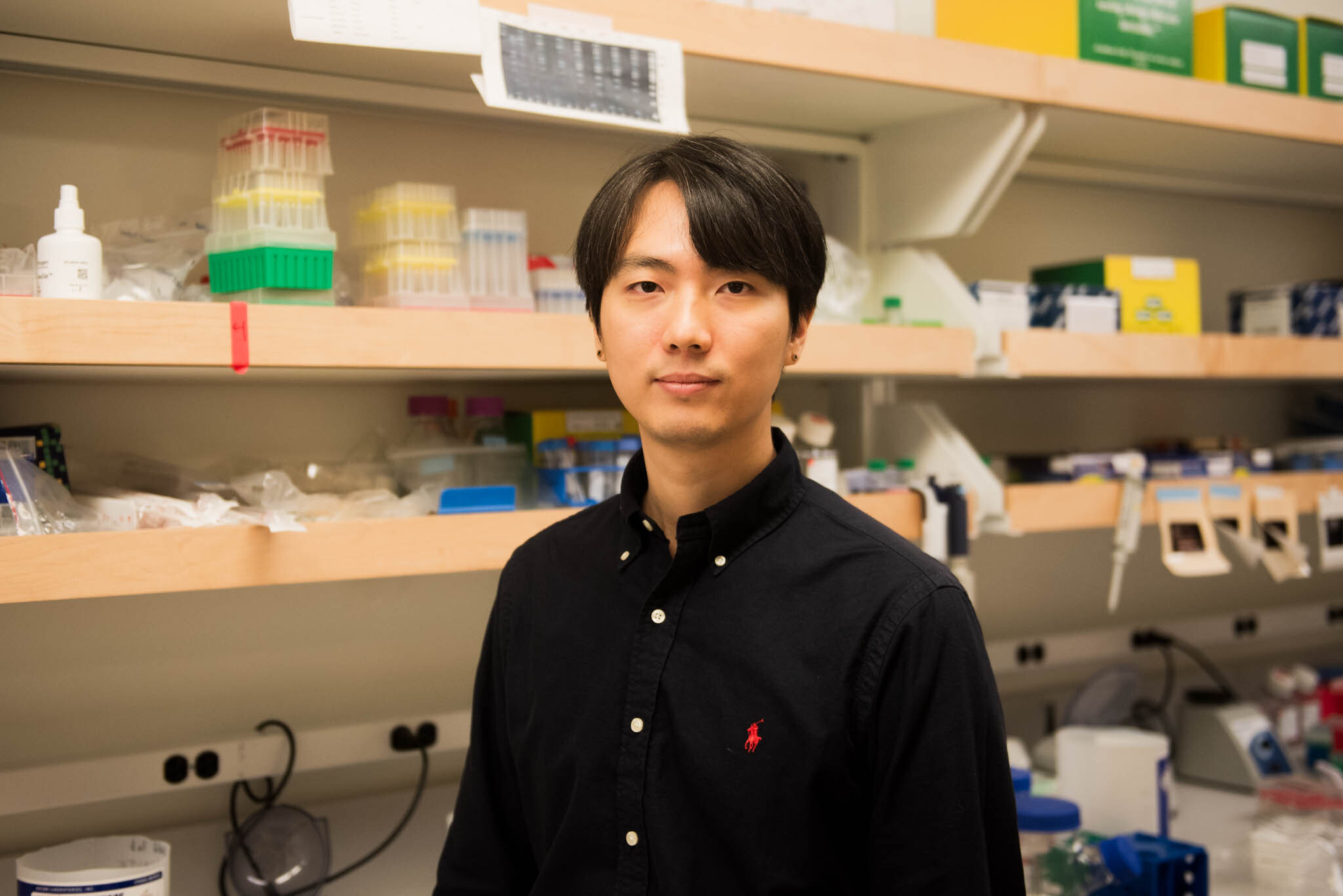
Dr. Choi develops a technology called “Molecular recording”, which allows the recording of cellular events and their lineage information into each cell’s genome. These innovative tools are critical for understanding the development of individual cells, both in normal developmental processes and in diseases like cancer. Recently, Dr. Choi has successfully demonstrated this technology by engineering human cancer cells to record their lineage or signaling events in a culture dish (“in vitro”) using CRISPR-based genome editing methods. Moving forward, Dr. Choi plans to further develop these methods to study cancer development. The goal is to uncover how specific characteristics of cancer cells emerge, ultimately identifying new targets for treatment.
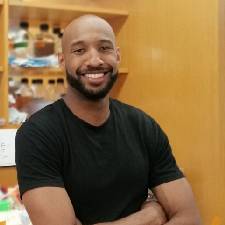
Dr. Cissé [Merck Fellow] aims to define the functional importance of nutrient sensing within the tumor microenvironment. How cells sense and adapt to the availability of nutrients in their environment is incompletely understood, but one key pathway is the signaling system anchored by the mTORC1 kinase. The mTORC1 kinase regulates cell growth and metabolism in response to nutrients such as amino acids and glucose. Aberrant mTORC1 signaling is implicated in several cancers, including melanoma, known to be heavily influenced by factors in the microenvironment such as nutrient availability. Dr. Cissé aims to understand how tumor metabolism senses and responds to varying nutrient levels, which will be essential for developing novel therapeutic targets.
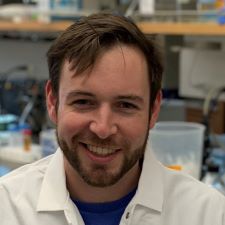
Macrophages are specialized immune cells responsible for “eating” harmful cells, presenting antigens to T cells, and initiating inflammation by releasing signaling molecules called cytokines. Macrophages could potentially be activated to attack tumor cells, but for reasons that are currently unclear, they instead signal for the tumor to grow faster and become more invasive. Dr. Courvan [HHMI Fellow] is investigating how macrophages respond to the low-oxygen environment inside tumors, and specifically how they regulate gene expression through post-transcriptional mechanisms in low-oxygen conditions. With this research, he hopes to uncover new ways to leverage the body's immune system against cancerous cells. Dr. Courvan received his PhD from Yale University and his BS from the University of Connecticut.
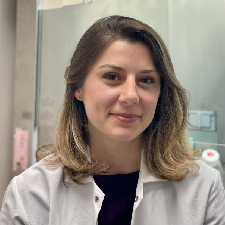
Myelodysplasia and acute myeloid leukemia are blood cancers with a poor prognosis. At the root of these malignancies are cells harboring mutant forms of proteins with dysfunctional activity which results in abnormal cell behavior and drives disease progression. The focus of my project is the development of new therapeutics that precisely identify cells with mutant forms of the proteins and, by harnessing their aberrant biological activity, causes those cells to self-destruct. These selective therapeutics will be able to kill cancer cells but leave the healthy cells intact proving more effective and having less side-effects than the chemotherapies currently in use.
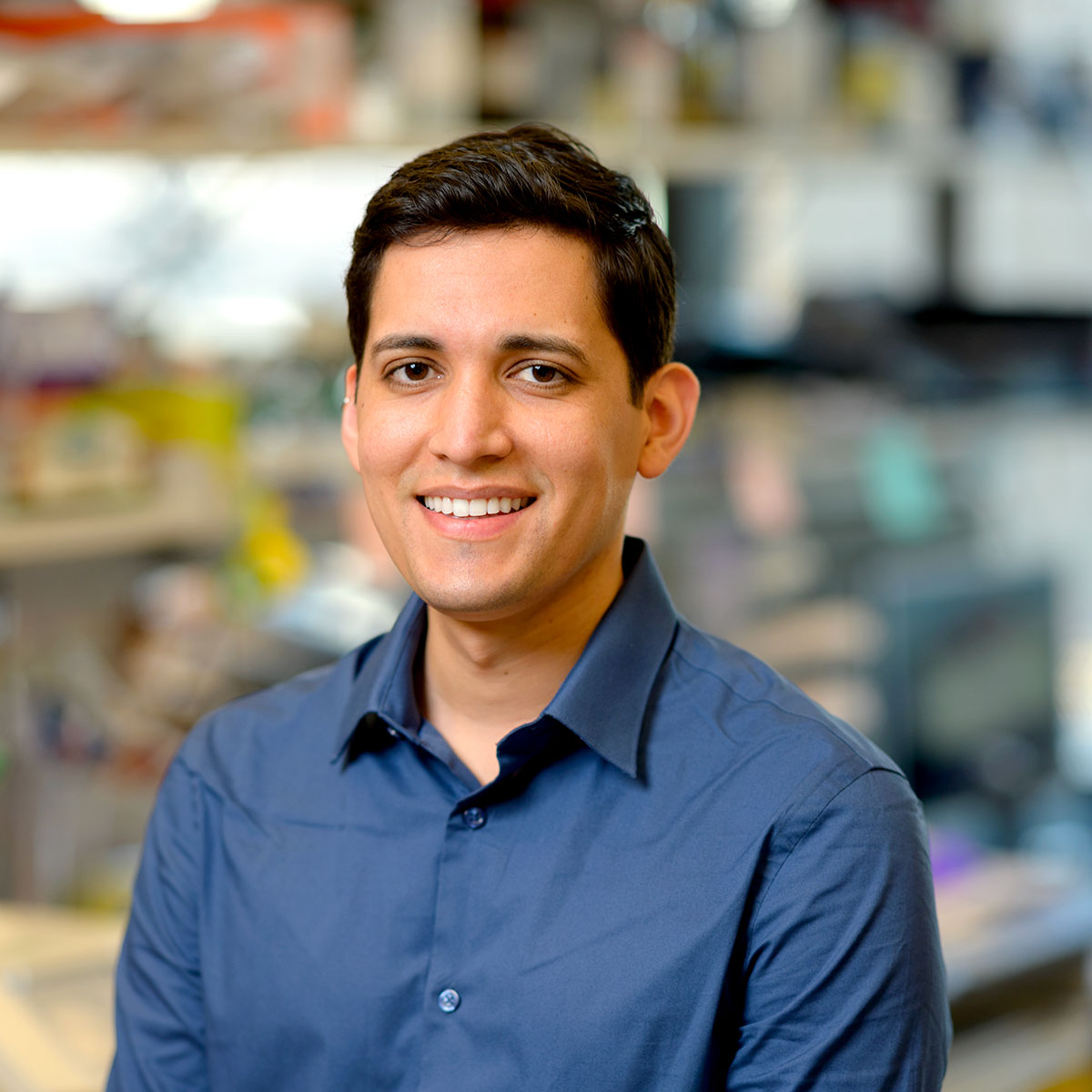
Dr. Cuevas-Navarro’s [Berger Foundation Fellow] research project focuses on targeting mutations in the RAS genes (HRAS, NRAS, and KRAS), present in about 30% of cancer patients and notorious for driving aggressive tumor growth. Dr. Cuevas-Navarro aims to mitigate these mutations’ effects by using pharmacological agents to enhance a biochemical process that regulates RAS proteins. His project will investigate the mechanism of action of these compounds and assess their effectiveness in patient-derived cancer models. This research has the potential to expand treatment options across various cancer types, including those where current treatments are limited. Dr. Cuevas-Navarro received his PhD from University of California, San Francisco and his BS from University of California, Davis.
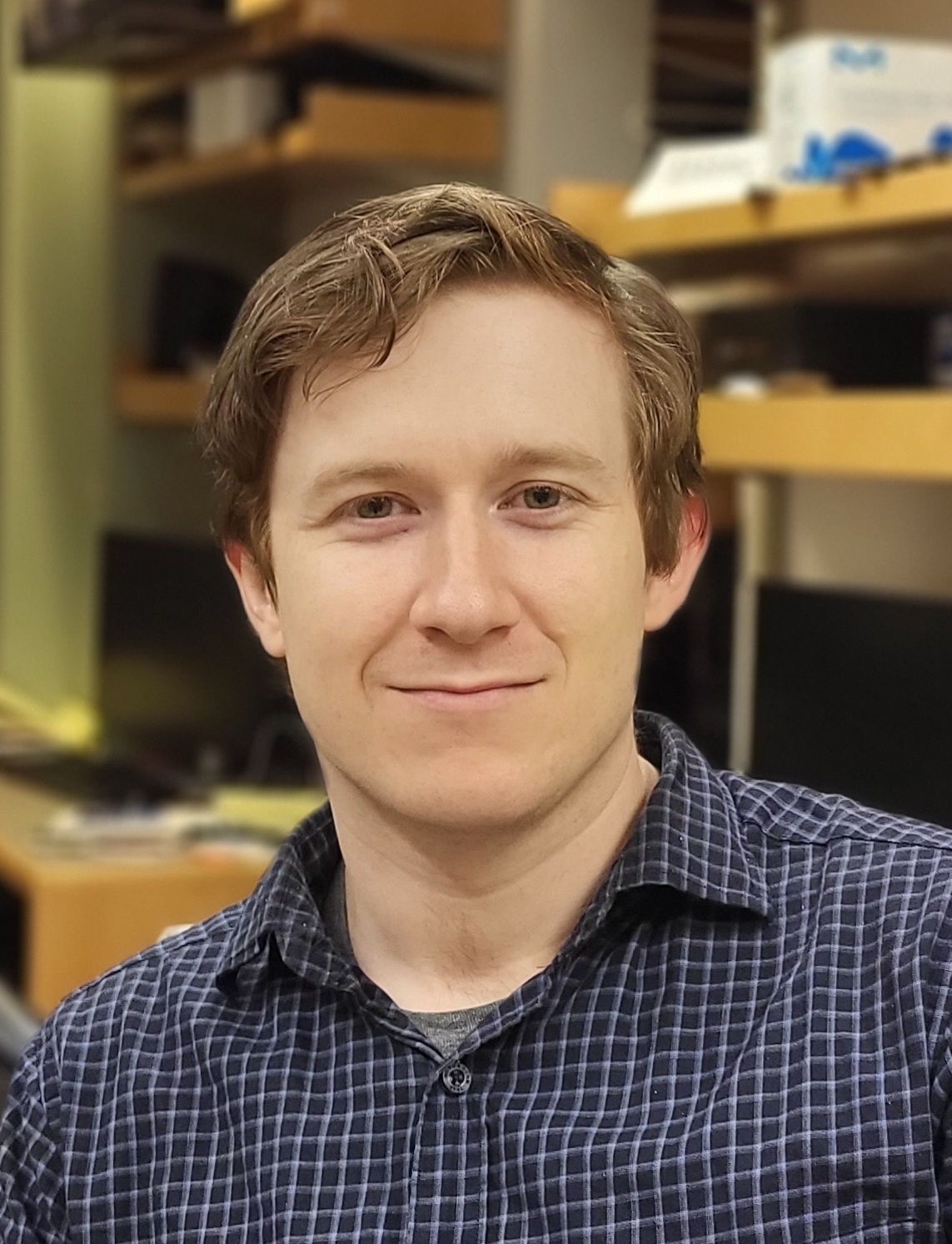
T cell therapies have led to promising results in treating blood cancers, but new approaches are required to translate these results to solid tumors. In solid tumors, T cells face unique challenges in the tumor microenvironment (TME), which limits the persistence and efficacy of adoptive T cell therapies. In T cell lymphomas (TCLs), tumor cells overcome many of the same challenges through acquired mutations. Fueled by natural selection, tumor mutations produce novel and elegant solutions to address T cell deficits in the TME. Understanding that these modifications may be superior to current bioengineering capabilities, Dr. Devany [Bakewell Foundation Fellow] plans to introduce gain-of-function mutations into therapeutic T cells to grant them the ability to survive, proliferate, and function in the TME. He will determine how each mutation restores different aspects of T cell function, allowing for the design of combinations of mutations that act synergistically. His results will aid in the development of next-generation T cell therapies to cure solid tumors. Dr. Devany received his PhD from University of Chicago, Chicago and his BS from University of California, Santa Barbara.







